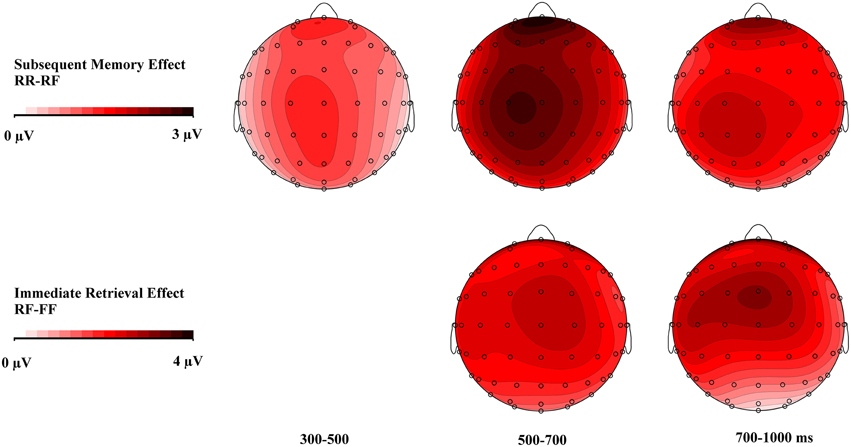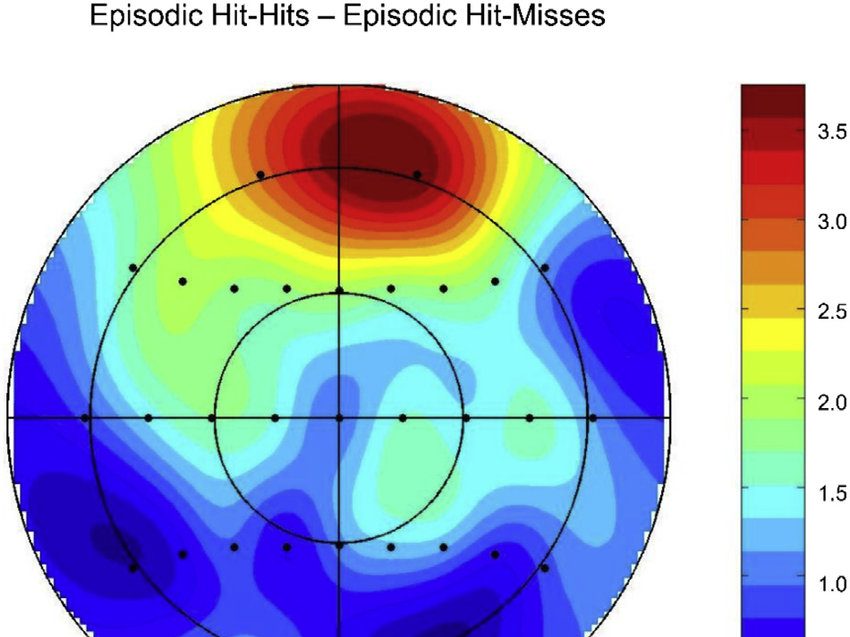Just a very short post – a marker.
Once through the voluminous research on Retrieval Practice and Success Relearning, you find yourself skirting the boundaries of Cognitive Psychology. With little extra effort – you may find yourself tumbling down the neuroscience rabbit hole on the assumption that neuroscientific findings will inform our understanding of learning and learner behaviour within in the messy and complex setting of a classroom. I plan to resist the persuasion of neuroscience and not to stray to far away from evidence-based education. The “neuronal underpinning of the testing benefit” and “electrophysiological correlates” is where I have drawn my line and The beneficial effect of testing: an event-related potential study – Bai et al., (2015).

To summarise the paper – the study supported the “episodic context account” for the benefits of Retrieval Practice – that testing engages recollection and that enhanced recollective processes improve retention in a later cued recall task. A second possible explanation is that the higher memory strength is, the higher is recallability on a later recall task and this retrieval practice further enhances later memory on a delayed test. But for the most part – it was an exceedingly challenging read.



Pingback: What Not to Study? | KristianStill
Pingback: What not to study – Edventures